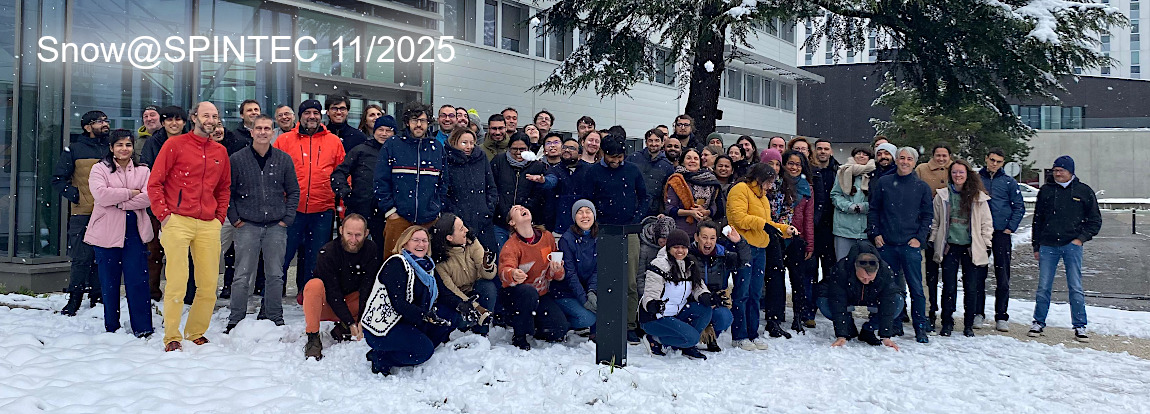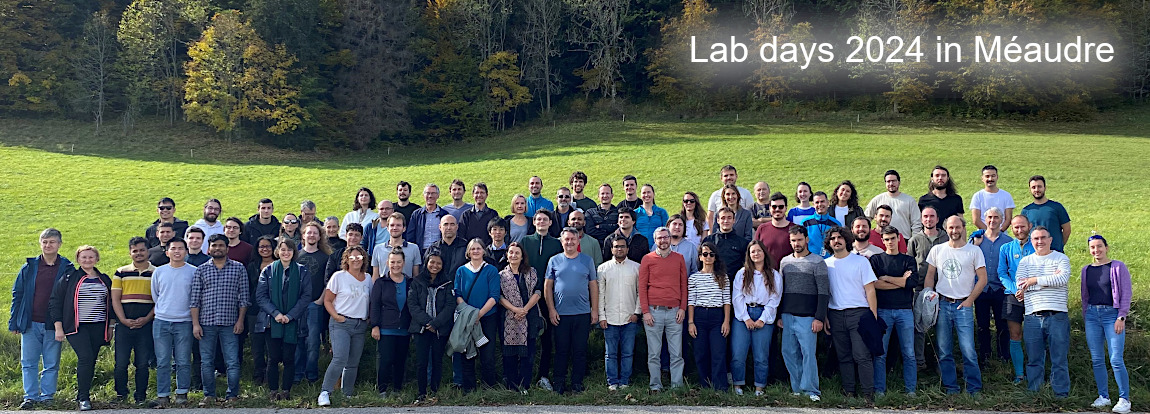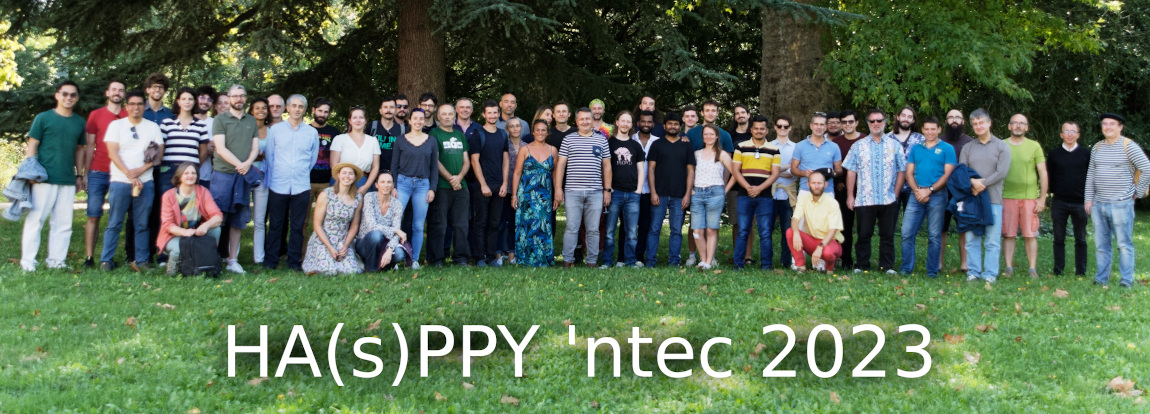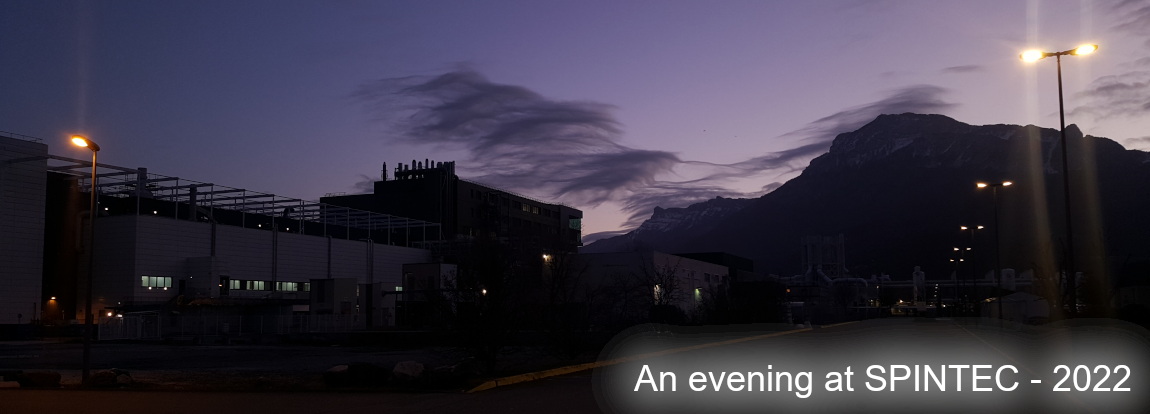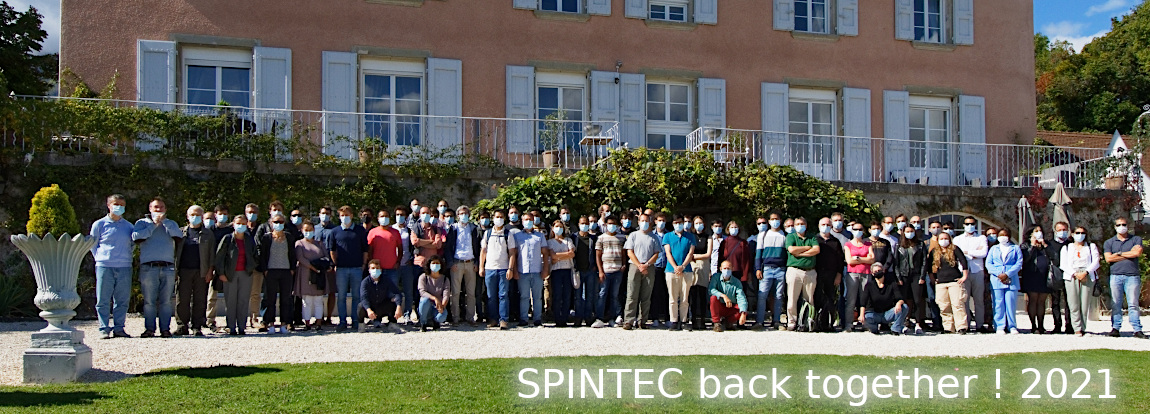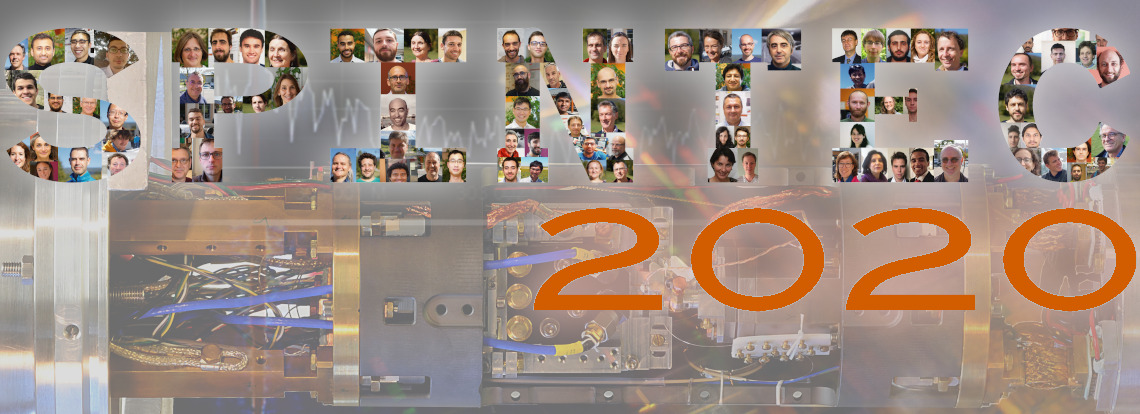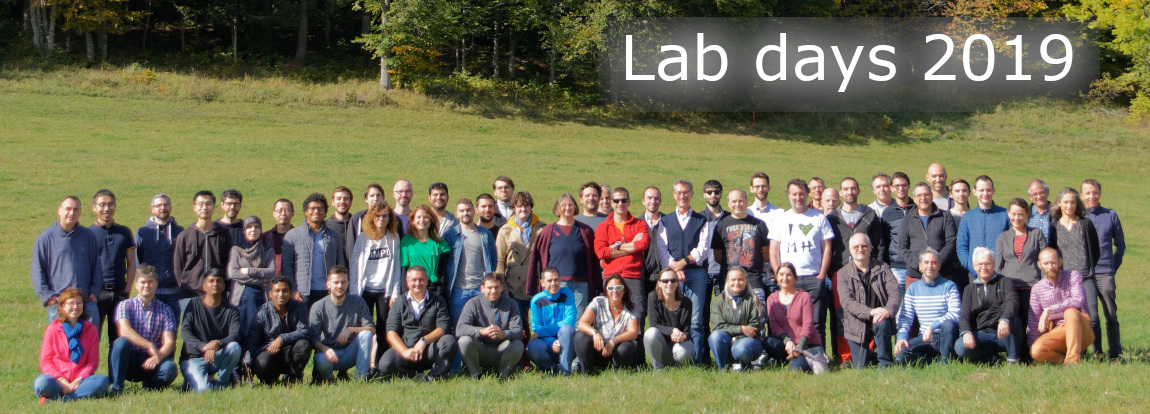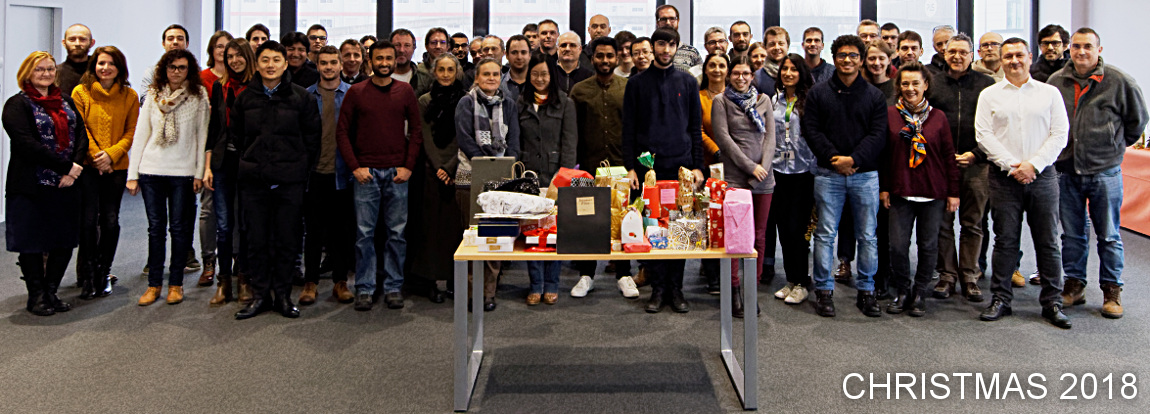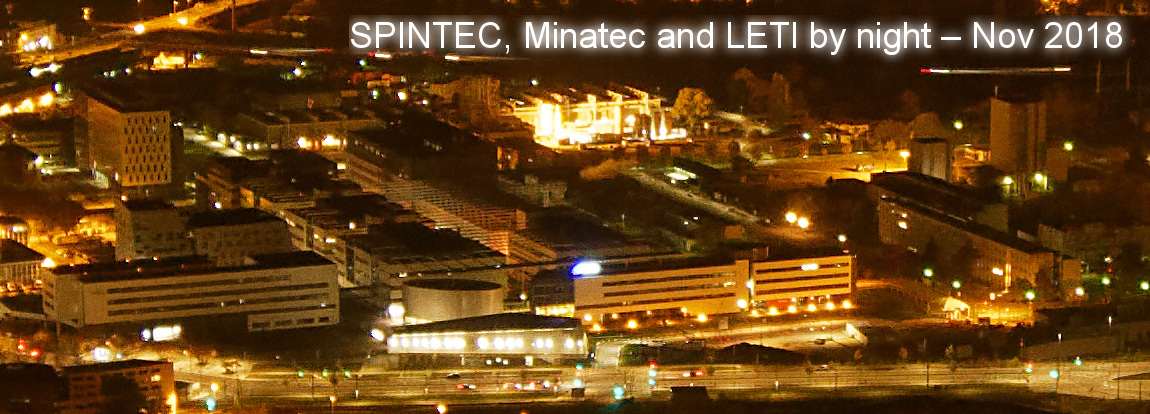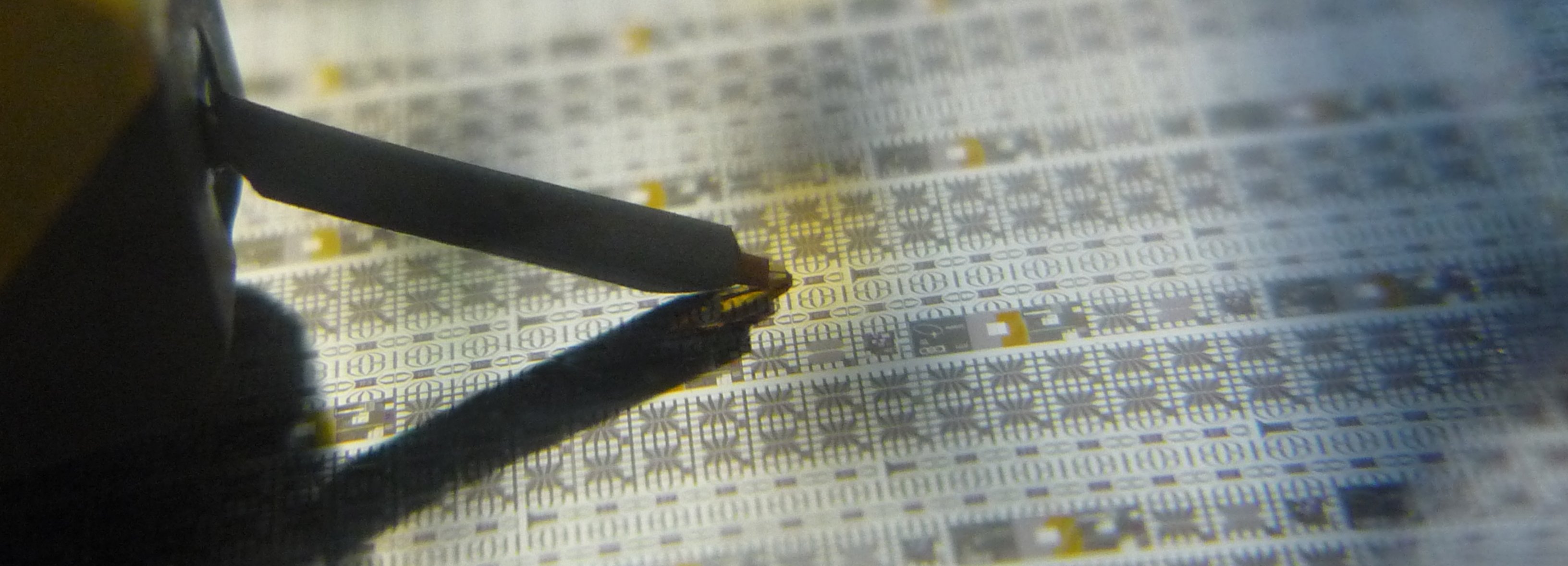ALL NEWS News archives
seminar – Material development for HAMR and its prospects(February 20th, 2026)

On Tuesday, May 5th 2026, we have the pleasure to welcome in SPINTEC Yukiko Takahashi from NIMS, Japan. She will give us a seminar at 09:00 entitled : Material development for HAMR and its prospects Place : IRIG/SPINTEC, auditorium 445 CEA Building 10.05 (presential access to the conference room at CEA in Grenoble requires an […]
Read morePhD Defense by Subham Senapati – Spin-orbit torque based magnetic memories evaluation for cryogenic applications(January 26th, 2026)

On March 11th, at 14:00, Subham Senapati (SPINTEC) will defend his PhD thesis entitled : Spin-orbit torque based magnetic memories evaluation for cryogenic applications Place : IRIG/SPINTEC, CEA Building 10.05, auditorium 445 (presential access to the conference room at CEA in Grenoble requires an entry authorization, request it before March 2nd to admin.spintec@cea.fr) video conference […]
Read moreseminar – Interacting spin physics in 2D: flat bands, SOC renormalization, and chiral textures()

On Tuesday February 17th 2026, we have the pleasure to welcome in SPINTEC Igor ROZHANSKIY from National Graphene Institute, University of Manchester . He will give us a seminar at 14:00 entitled : Interacting spin physics in 2D: flat bands, SOC renormalization, and chiral textures Place : IRIG/SPINTEC, auditorium 445 CEA Building 10.05 (presential access […]
Read moreLATEST PUBLICATIONS Publications archives
A one-way sound transmitter(December 8th, 2025)

Magnetism is well-known to inherently break time-reversal symmetry; for example, the magnetization precesses in a single (counter-clockwise) direction around its equilibrium axis. By integrating a magnetic thin film onto a piezoelectric substrate, enabling phonons to hybridize with magnons, we show that this intrinsic nonreciprocity can be transferred to surface acoustic waves. Surface acoustic wave (SAW) […]
Read morePhysics of current-induced switching in 3D nanopillars(November 3rd, 2025)

We simulated the current-induced switching of magnetization of short vertical magnetic nanopillars as the free layer in a magnetic tunnel junction. Considering spin accumulation is crucial in such 3D elements, leading to an enhancement of the field-like torque, and the excitation of non-uniform FMR modes. 3D nanomagnetism is a fast-growing topic, motivated by fundamental physical […]
Read moreControlling effective anisotropy for efficient switching at cryogenic temperature(October 24th, 2025)

The field of cryoelectronics holds promise for high-performance computing applications, particularly within the realm of quantum computing. Recent advances in quantum computing systems have spurred the investigation of various technologies suitable for cryogenic environments. Among these technologies, spintronic memory elements have received significant attention due to their potential for minimal energy consumption. Specifically, these elements […]
Read moreCALENDAR
EVENTS
RECENT UPDATES
- seminar – Material development for HAMR and its prospects 20 February 2026
- PhD Defense by Subham Senapati – Spin-orbit torque based magnetic memories evaluation for cryogenic applications 26 January 2026
- seminar – Interacting spin physics in 2D: flat bands, SOC renormalization, and chiral textures 26 January 2026
- seminar – Spin-wave spectrum in a ferromagnetic disk 13 January 2026
- seminar – Adaptive Ising Machines: a paradigm combining oscillatory dynamics and probabilistic sampling 12 January 2026

